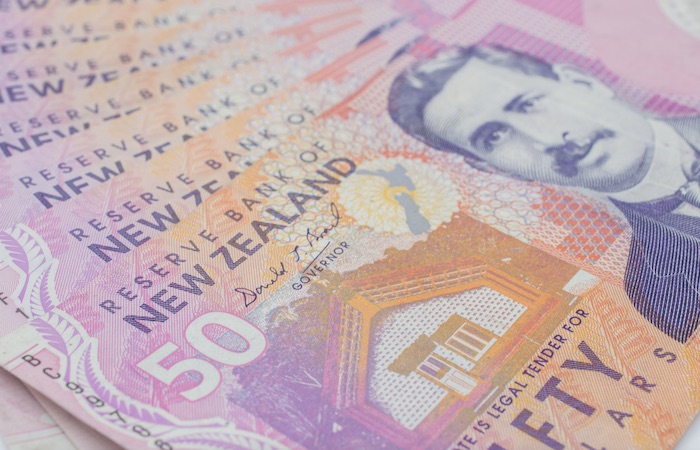
Primary school teachers and principals who are members of the New Zealand Educational Institute (NZEI) trade union are undertaking strike action today (Wednesday 15 August) in a dispute over pay.
The strike concerns negotiations that are currently taking place between NZEI and the New Zealand government around the Primary Teachers’ Collective Agreement, which relates to pay and working conditions.
In June 2018, NZEI members voted to reject the government’s pay offers for primary school teachers and principals, and a three-hour strike was planned. After a ballot implemented by the trade union’s national executive, this was extended to the 24-hour strike action.
A spokesperson at NZEI said: “Both primary teachers and principals are determined to send a strong message to the government and demand change so our students can have a teacher in every classroom, the learning support they need and teachers are recognised as the professionals they are.
“Both primary school teachers and principals feel the Ministry’s June offers did not address workload issues, extra learning support or ways to stem the growing crisis in recruiting and retaining teachers. We simply can’t retain and recruit inspiring teachers with these kinds of workloads, or at this level of pay. If it’s not fixed, the teacher supply crisis will worsen and more children will be taught in doubled up classes of 50 to 60 kids.”
On 6 June 2018, the New Zealand government offered primary school teachers a three-year pay deal with differentiated pay increases. This included a $7,050 (£3,633.85) pay increase over the three years for pay bands one to seven, and $4,650 (£2,396.79) over three years for pay bands eight to 12. Pay bands one to four of the base scale, where band four is the entry level for teachers with a degree, were recommended to be merged, and the government offered to renew the salary comparability clause.
This compares to NZEI’s original pay claim, which sought a two-year pay deal that increased pay by a total of 16%. The trade union also requested the renewal of salary comparability clauses with secondary teachers, the removal of the qualifications cap on the salary scale and that the decided pay increases would apply only to union members.
NZEI stated that 85% of its primary school teacher members are within pay bands eight to 12, and therefore under the government’s pay offer, this would only award them a pay rise between 6.1% and 7.8% over three years.
The New Zealand government made a separate pay offer for principals on 28 May 2018. This included a three-year pay deal, again with differentiated pay increases. Pay bands one to three would receive three $3,000 (£1,546.19) increases over the terms of the agreement, and pay bands four and above would be awarded three $2,600 (£1,340.03) pay increases. The government also wished to merge the leadership literacy and numeracy base payment, which equates to $2,320 (£1,195.70), and the career salary components into role-based pay.
The NZEI originally sought a two-year pay deal for principals to again increase pay by 16%. It wanted to renew the salary comparability clauses with secondary school principals, conflate pay bands one and two into pay band three and apply any agreed pay rises to union members only.
According to the NZEI, its members have received pay increases of between 1% and 2% for the past few years.
The NZEI is also negotiating for more teacher support and career development opportunities.